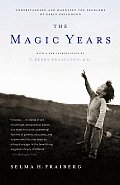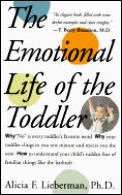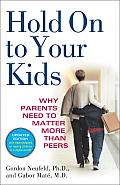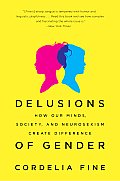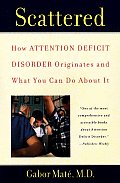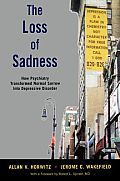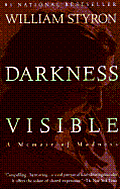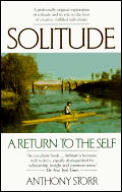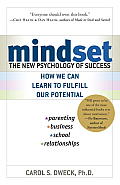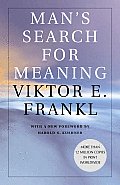Parents often ask me to recommend books, which is a difficult request. The challenge is that parents typically are situated in a particular and specific predicament for which no book has ever been written. Books in the genre of parenting speak to broad topics and generalities of human experience. Most are nothing more than one person’s opinion. Some are the result of research in one form or another. Few are definitive, held to standards of scientific inquiry or rigorous peer review. Whether they are useful is a matter of subjectivity that no one can answer for another. I have found the following books useful, and I will try to explain why, but I cannot promise you will share my experience. Enjoy.
THE OVERVIEW
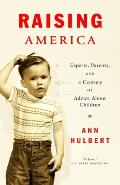
Raising America, by Ann Hulbert
This book is a great place to start. It is a survey of the rise, during the 20th century, of what has become a lucrative industry of parenting advice. Hulbert, a sociologist, illustrates an important point: if you look at the literature entire, there remains a controversy, passed from generation to generation, having never been settled; a controversy that can be polarized or more integrated, with experts lined up accordingly. The controversy, whether parenting should be strict or lenient, is very much with us today.
Hulbert’s book can help readers sort out a literature that is riddled with seductive and misleading terms. After all, what parent wouldn’t want to foster a “secure attachment” to their child, or encourage “self-esteem”, or a “spirited” nature? Raising America offers an avenue of critical analysis, a way to look past seductive terminology and evaluate the main thrust of any given parenting book.
The Powell’s website offers this publisher’s quote:
“A brilliant account of how a century of advice failed to ease modern child-rearing anxieties but reflected the controversies and apprehensions of an unsettled era.”
PRESCHOOLERS
The Magic Years, by Selma Fraiberg
First published in 1959, and written by a former director of San Francisco General’s esteemed UCSF Parent Infant Program, The Magic Years is a classic, and as such is relevant to today’s parents. Gender roles are dated, of course, but Dr. Fraiberg’s insight into the mind of the toddler is timeless.
The Emotional Life of the Toddler, by Alicia Leiberman
Alicia F. Leiberman is the director of the Child Trauma Research Program as UCSF. About Dr. Leiberman’s book, first published in 1993:
Translated to: Spanish, French, German, Dutch, Swedish, and Danish. (The book continues to be in print and its sales have increased since it was first published, an unusual development for books about early childhood. It was called a “groundbreaking book” by Barbara F. Meltz from The Boston Globe, April 1, 2004).
Barbara Meltz’ review of subsequent books about toddlers pays homage to Dr. Lieberman’s influence on current researchers.
ADOLESCENCE
Hold On to Your Kids, by Gordon Neufeld and Gabor Maté
In my opinion, this is the best book in the popular literature on adolescence. Neufeld and Maté are Canadians. No American would write this book because we are in the grips of a cultural misunderstanding of adolescent development, one that is sadly reinforced by our popular literature.
GENDER
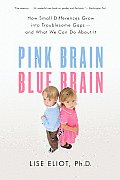 Pink Brain, Blue Brain, by Lise Eliot
Pink Brain, Blue Brain, by Lise Eliot
Delusions of Gender, by Cordelia Fine
See Jane Hit, by James Garbarino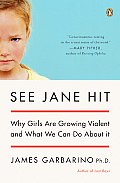
ATTENTION DEFICIT
DEPRESSION
The Noonday Demon, by Andrew Solomon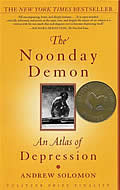
A compendium of current thinking about depression and its treatment, rich with case histories, and beautifully written. Solomon’s own struggle with depression is a thread throughout. This book helps sort out normal sadness and pain – however great – from the disease threshold we call clinical depression.
The Loss of Sadness, by Allan Horwitz and Jerome Wakefiled
An exploration of the pathologizing of normal sadness and pain. I don’t recommend this as a “self-help” book, but rather as a book to be discussed with a therapist or treating physician, as a tool to help sort out one’s own experience with hard, painful feelings.
Darkness Visible, by William Styron
Styron’s first hand experience with recurring Major Depression is beautifully written, deeply insightful, and tragically foreshadows his death from a devastating form of this disease.
ON THE OTHER HAND
These books offer a perspective counter to popular wisdom, which, when it comes to being human, is often a good thing.
In a time when extraversion has become the currency of the realm and our capacity to relate to others is at the forefront of clinical thought, Storr reminds us that the internal life is just as rich, requires just as much attention, and can be as satisfying for those who are so organized. I often recommend this book to parents whose children are introverted, shy, creative and have rich internal lives.
